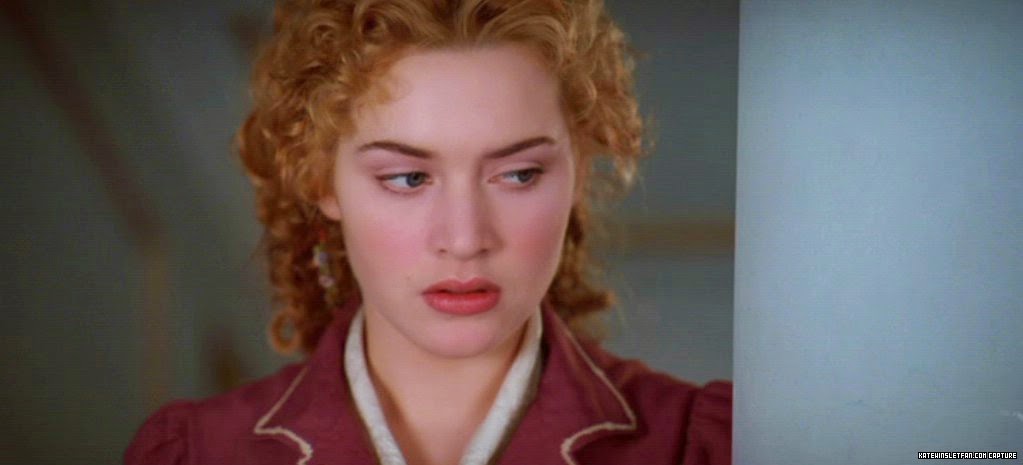I am sure everyone has heard it
said time and time again, “one has to accept their past to move onto a better
future”. But in Cheryl Strayed’s novel “Wild” it is a major theme, one that she
adopts throughout the novel as well. However Cheryl Strayed is one woman with an exceptionally
difficult past to overcome; between an abusive father, the passing away of her
mother, a divided family, a divorce and a heroin addiction, she has a lot of
opponents in her battle for self-acceptance. In the midst of the turmoil in
Cheryl’s life she decides to conquer the Pacific Crest Trail, in an attempt to
come to terms with what she has endured. On her journey she encounters many people;
one of whom stand out to me is Doug. After only a short time Doug becomes an
important part of Cheryl’s life and even gives her a little token to remember
him by; a feather. Cheryl carries this
feather with her throughout her hike and later it was identified by a hippie
(for lack of a better word) as a symbol of “the void”. Although that exact
phrasing sounds horrifying it truly means a place of rebirth. To Cheryl, this
feather is a symbol of the trail, which has not only helped her grow as a
person, but also helped her realize who she truly is, what she can truly
accomplish; it is a symbol of how the trail was her void, and her rebirth. We see this illustrated when she is forced out
of her camp site by a few nasty workers in the dead of night and is forced to
feel her way through darkness of the trail to find a new place to settle herself.
She slowly begins to find herself
becoming one with this trail; having to feel and sense her way about the
wilderness. Eventually she is able to identify outlines and small details
around and she becomes accustomed to the darkness around her. Even in a brand new
and deadly scenario Cheryl is no longer fearful. All of this is a
metaphor for how the trail is her void, which helped her overcome some of her deepest
fears, and ultimately come to terms with her past. Cheryl exemplifies her acceptance
of the past with various moments. One of which is her realization of Eddie’s
importance, as she gazes into her fire. Fires, being a fundamental element of
survival are a typical symbol of hope, so it makes sense she would think of
Eddie at this time. As I have already mentioned in a previous post, Eddie is a
symbol of hope in her life; what he taught her in her most troubling years is
what gave her the idea that she could complete this hike to begin with.
Although Eddie separated from her family, and left Cheryl feeling abandoned,
looking onto this fire she begins to thank him for what he gave her while
during their time together, and mentions that she feels relieved. Eventually she also comes to terms with her
mother leaving her. From beginning of the novel she states that she was angry
at her mother for leaving her life so early. She also rants about all of the
things that she despised about her mother’s parenting, and she even said that
hated her mother for not making it to her fiftieth birthday. It’s fair to say
that without her mother Cheryl felt alone and lost. But finally, during the
fifth part of the novel Cheryl realizes all that her mother had given her; “she’d
come at us with full maternal velocity.” (268) As her mother had once said “I’ve
given you everything” (268).
It may
have taken her years, and those years may have been filled with unbearable
calamity, but thanks Cheryl’s hike through “the void” she finally finds herself
able to come to terms with some of the hardest things that she has endured. By
the end, she shows herself to be a very forgiving young woman (not only to
others but to herself), who can accept what has happened no matter how devastating
or aggravating.

